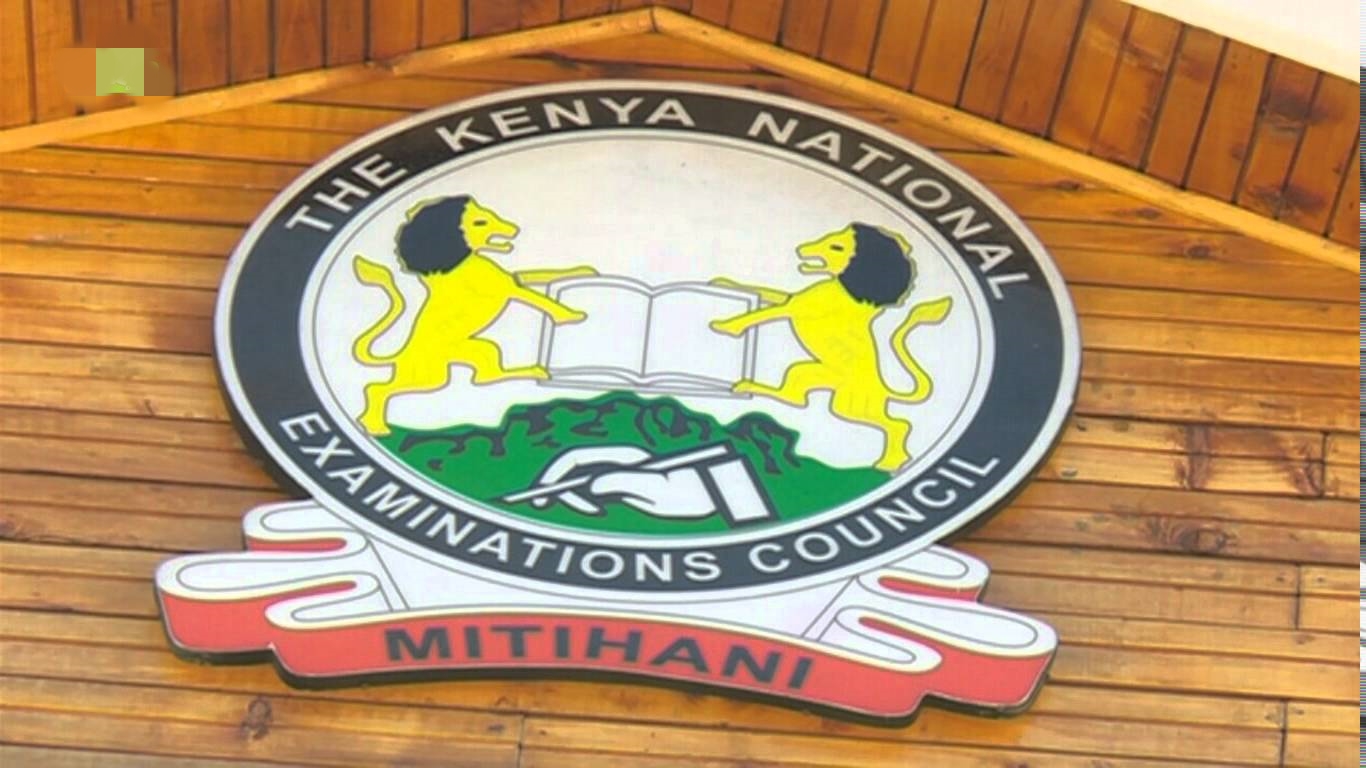The ‘word of mouse’ cannot be trusted anymore. We consume it with a pinch of salt. Fake news and rogue news sites everywhere.
It is a sad state of affair especially given that this is an electioneering period.
If you have ever received fake or misleading news, chances are that social media was the channel used. It, therefore, comes as no surprise that Facebook is seeking to get a factbook status.
The company is rolling out tools to help curb fake news.
Facebook is not very happy about being referred to as a fake news source and that explains why efforts have been directed at weeding out misleading news.
The General Elections are around the corner and typical Kenyan habit, the Facebook is deluged with fake or misleading news about various candidates.
Already, the Facebook high court has already passed judgment on the recent death of IEBC’s ICT Manager Chris Msando. They have already ‘identified’ the suspect and are now demanding for answers.
Facebook has been trying to establish itself as a credible news source but instances of fake news have come in the way.
The latest effort by Facebook is a tool that is designed to help Kenyans spot fake news.
The tool is available in both English and Swahili and will be shown to all Facebook users in all parts of the country.
It gets better:
The social networking company will also place notices on national newspaper and radio stations to spot fake news.
Cases of Fake News
A few days ago, a fake news report about the coming elections was made to look as if it is from CNN.
Earlier, there had been a fake video imitating the Focus on Africa Programme that airs on BBC was distributed via social media.
Both news reports had fake surveys showing President Uhuru Kenyatta ahead in the polls.
CNN took to Twitter to distance itself from the video while BBC urged people to authenticate any stories claiming to be by the broadcaster.
Then, there is the worst kind of fake news. Those that involve sharing news of someone’s death yet the person is alive and kicking. Former president Mwai Kibaki and veteran journalist Fred Obachi Machokaa are the recent victims of rogue bloggers.
The Tool
The educational tool will pop up at the top of your news feed.
When you click on this tool, you will access more information and resources in the Facebook Help Center. This includes tips on how to spot false news such as checking the URL on the site.
Facebook says that the tool will only show up on your news feed for a few days in 14 countries, including Kenya.
Trust Rate of Social Media News
Reports have indicated that Kenyans are skeptical about election news shared on social media.
A study conducted by GeoPoll and Portland and involving 2000 participants showed that 90% of these respondents have seen fake news about the general elections. Of these, 87% of these identified the news as deliberately misleading or fake news.
The survey also showed that traditional media is still the most trusted source of news with television leading the pack.
Social media has considerably lower trust rate than traditional media.
Kenyans would like to access more factual information especially when it comes to the general elections in place of speculation and commentary.
That may explain why Facebook is not sitting pretty and waiting for things to sort themselves out.
Despite the introduction of the tool, Facebook remains under pressure to do more to curb fake news.



